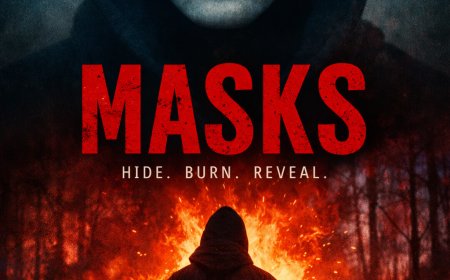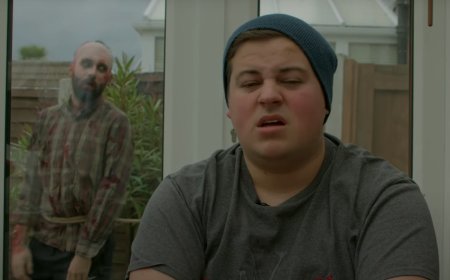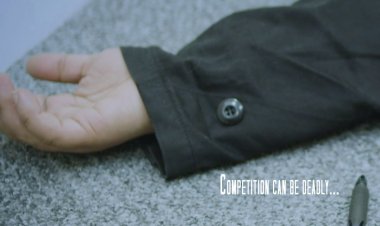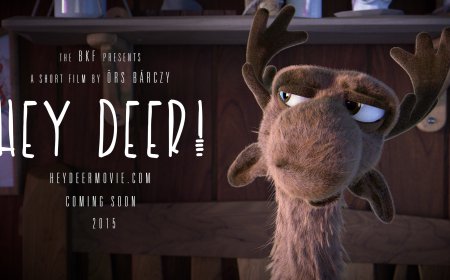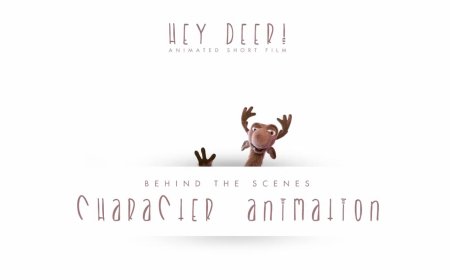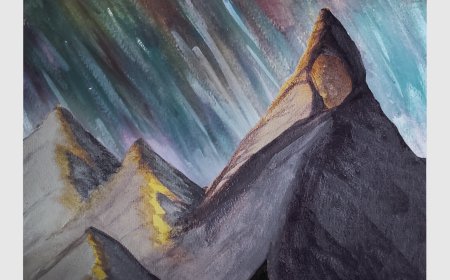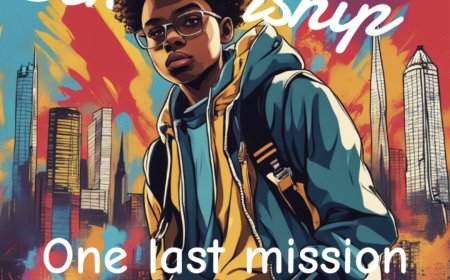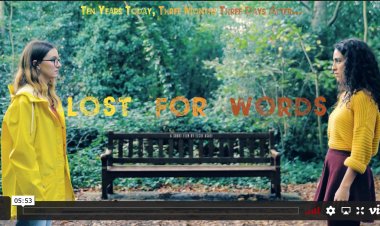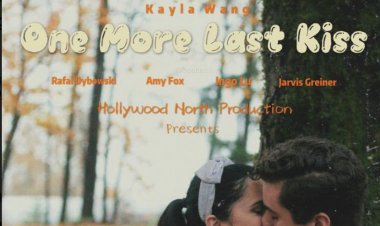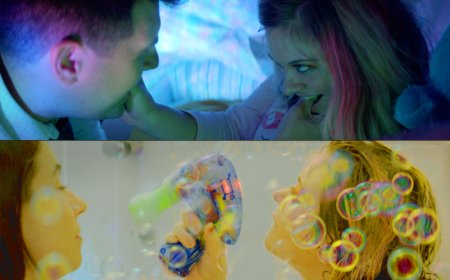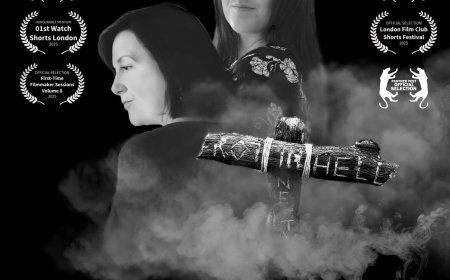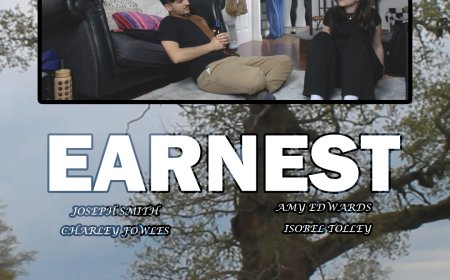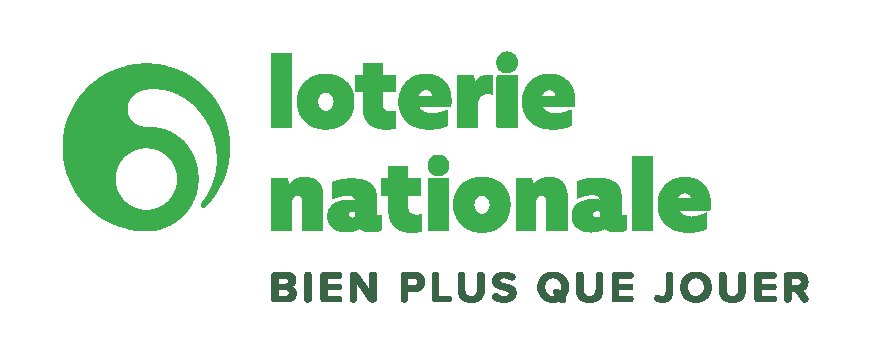The Vital Role of a Script Supervisor on a short film set

The Vital Role of a Script Supervisor on a short film set
Ensuring Continuity on Set
In the world of short films, continuity is king. As script supervisors, we make sure that every detail, from the position of a prop to the actor's movements, stays consistent across all shots. This means we jot down everything, like where the lead actor was standing or which hand they used to pick up a cup. Without us, the final cut would be full of jarring mistakes that could confuse the audience.
Collaboration with the Director and Script Editor
We work closely with the director and script editor to make sure the story flows smoothly. Our job is to keep an eye on the script and make sure that every scene matches the director's vision. We also help the editor by providing detailed notes on each take, so they know which shots to use and which to discard. This teamwork is crucial for creating a seamless film.
Interaction with Actors and Other Departments
Our role isn't just about taking notes. We also interact with actors and other departments like lighting, sound, and wardrobe. We need to be approachable and clear when pointing out any continuity issues. For example, if an actor forgets to use the same hand for a repeated action, it's our job to remind them. This helps everyone stay on the same page and ensures the film looks polished and professional.
Skills and Qualifications for Aspiring Script Supervisors
Essential Skills for Success
To thrive as a script supervisor, you need a mix of technical and personal skills. Attention to detail is crucial because even the smallest mistake can disrupt the flow of a scene. You also need to be organized, as you'll be managing a lot of information at once. Good communication skills are essential since you'll be working closely with the director, actors, and other departments. Being approachable and diplomatic helps when you need to point out continuity errors without offending anyone.
Educational Pathways and Courses
While no formal qualifications are required, many script supervisors benefit from specialized courses and workshops. Some even pursue degrees in film or related fields. If you're considering this path, look up film schools and the programmes they offer. However, practical experience is just as valuable. Watching films and breaking them down into shots, timing scenes, and studying pacing can be incredibly helpful.
Building Experience and a Portfolio
Experience is key in this field. Start by working on smaller projects, even if it means volunteering at first. This hands-on experience is invaluable and helps you build a portfolio. Networking is also crucial. Attend film festivals, industry seminars, and engage in online forums to make connections. Over time, you'll build a brilliant portfolio that showcases your skills and sets you apart from other candidates.
Daily Responsibilities of a Script Supervisor

Pre-Production Duties
Before the cameras start rolling, we dive into the script to prepare a Continuity Breakdown. This document is our roadmap, detailing what each scene needs, from the time of day to a brief summary. We also chat with department heads to make sure everyone is on the same page.

On-Set Responsibilities
Once we're on set, our job is to keep everything consistent. We take notes on every little detail, like the position of actors, their movements, and even the type of lens used. We also make sure that actors' eyelines match up so that when the scene is edited, it looks seamless. We are the official timekeepers on set, timing and recording every take.
Post-Production Tasks
After the day's shoot, we compile all our notes into a daily report for the production team. This includes the number of scenes shot and any retakes needed. Our notes are crucial for the editor, helping them piece together the film without any continuity errors. We also create a production book with all our detailed notes, scene reports, and production totals.
Challenges and Rewards in the Short Film Industry
Unique Challenges in Short Films
Working on short films comes with its own set of hurdles. One of the main challenges is the limited budget. With less money to work with, we often have to get creative with resources. Another issue is the tight schedule. We usually have less time to shoot, which means every second counts. This can lead to a lot of stress on set, especially when unforeseen production changes occur.
Balancing Creative Differences
In the world of short films, everyone has a vision. Directors, writers, and even actors bring their own ideas to the table. While this can be exciting, it can also lead to conflicts. It's crucial to find a balance and ensure that everyone's voice is heard. This is where our role as script supervisors becomes vital. We help keep the project on track and make sure that creative differences don't derail the production.
The Satisfaction of a Job Well Done
Despite the challenges, working on short films can be incredibly rewarding. There's a unique satisfaction in seeing a project come together, especially when you've overcome obstacles along the way. The sense of accomplishment is even greater when the film is well-received. For instance, seeing a short film go viral or getting positive feedback from the audience can be a huge morale booster. It's moments like these that make all the hard work worth it.
Making short films comes with its own set of challenges and rewards. From tight budgets to creative freedom, the journey is both tough and fulfilling.
Want to dive deeper into the world of short films? Visit our website for more insights and opportunities.
What's Your Reaction?
 Like
0
Like
0
 Dislike
0
Dislike
0
 Love
0
Love
0
 Funny
0
Funny
0
 Angry
0
Angry
0
 Sad
0
Sad
0
 Wow
0
Wow
0


